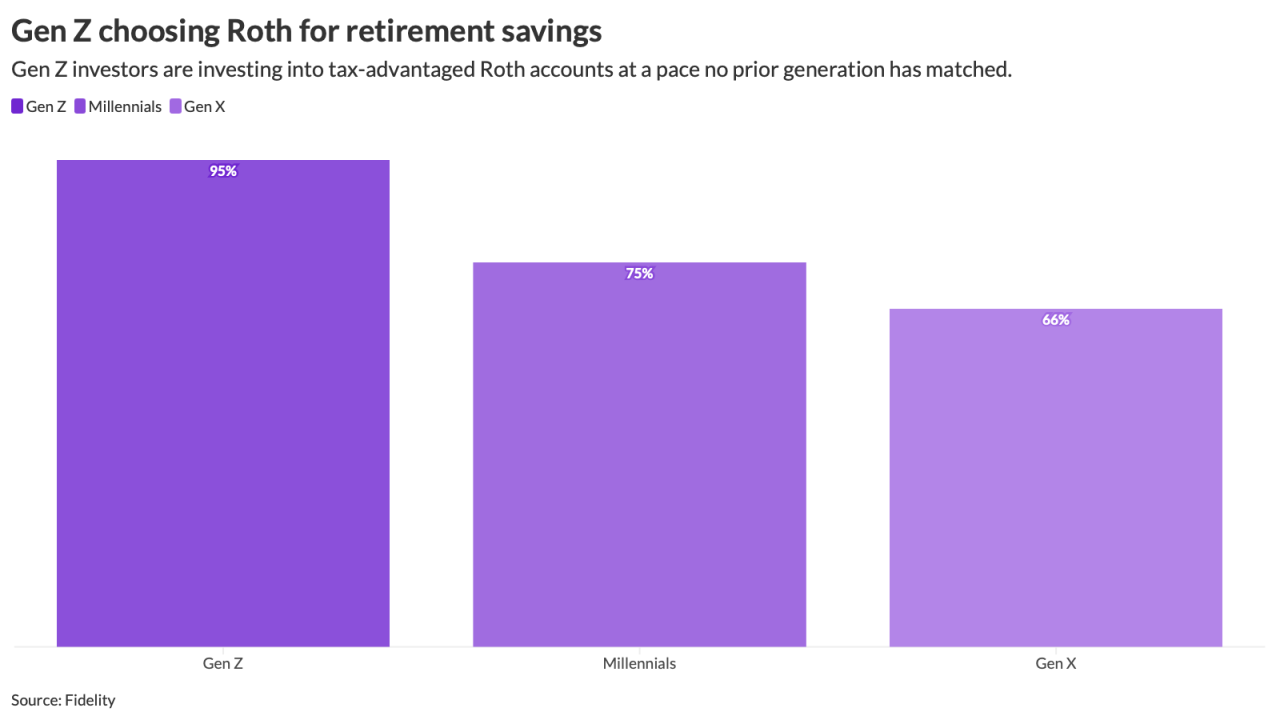The Trump administration has
The provision, part of the nearly 900-page
White House and Social Security Administration officials have framed the new deduction as an elimination of taxes on
A tax benefit for whom?
A
Read more:
Due to current income and tax thresholds, financial advisers say benefits from the deduction will be felt mostly by middle-income seniors.
For single filers, the deduction applies to those earning up to $75,000 annually, phasing out thereafter and disappearing entirely at $175,000. For married couples, these thresholds are $150,000 for the start of the phase-out and $250,000 for its complete disappearance.
The deduction will have no impact on roughly half of all beneficiaries, who already pay no taxes on their benefits, according to the
Despite its limitations, Social Security Commissioner Frank Bisignano was quick to celebrate the new deduction.
"This is a historic step forward for America's seniors," Bisignano said in a
Monica Dwyer, senior vice president at Harvest Financial Advisors in West Chester, Ohio, said that the deduction is "definitely not in line with Trump's campaign promise of no more taxes on Social Security."
Read more:
"The One Big Beautiful Bill gives most of its tax breaks to people who don't need it and is going to hurt us in the future in terms of our ability to take the benefits that we were promised and have paid into for most of our lives when we're at the age of being able to collect Social Security benefits," Dwyer said.
The new deduction, combined with an expansion of the 2017 tax cuts, will
"The ironic part is by virtue of reducing tax revenue — largely from Social Security benefits but not exclusively — this bill indirectly affects the funding of the program and exacerbates the shortfall," said Tyson Sprick, a financial advisor at Caliber Wealth Management in Overland Park, Kansas. "There are many ways to fix the issue, but Congress keeps kicking the can down the road, and we're running out of road."
Navigating income and tax implications
Numerous advisers said that many of their clients would see little, if any, benefit from the deduction due to their high income. However the new provision does present some potential benefits for clients who fall within or close to the outlined income limits.
"We have just begun having conversations with clients about the potential implications of this provision of the new bill," said Robert Ingram, a financial adviser at Center for Financial Planning, an RIA in Southfield, Michigan.
Read more:
The deduction, which is only in effect for tax years 2025 through 2028, could drive some retirees to temporarily reduce their income in an effort to take advantage of the deduction, Ingram said. Alternatively, some retirees may want to consider taking
That strategy could be especially beneficial for middle-income retirees, Sprick said.
"For those in the middle, I think it provides an opportunity to potentially have more room at attractive, low tax rates to realize capital gains — potentially at 0% — or to do






